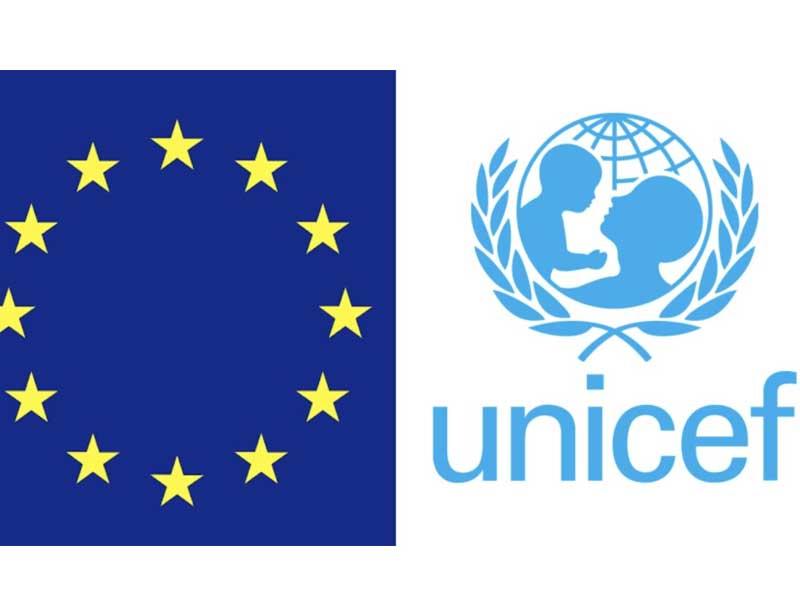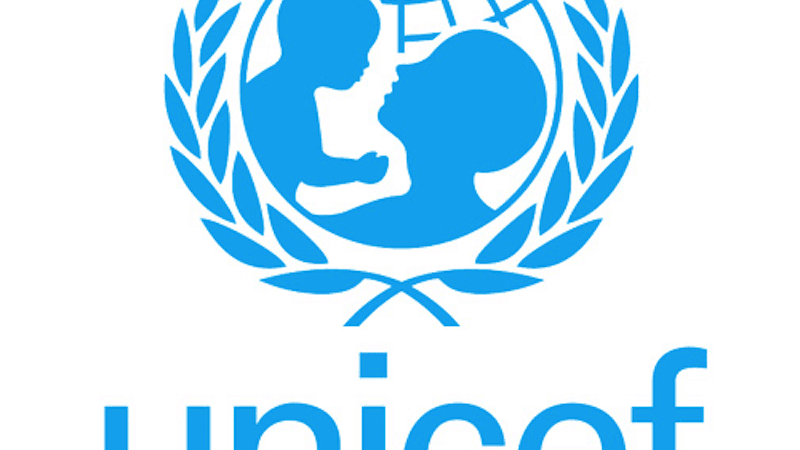Kuni Tyessi in Abuja
The United Nations Children’s Fund (UNICEF) has expanded access to basic education ‎in four states through its programme, Educate-a-Child-Cash Transfer Programme.
The UNICEF Education Specialist, Abuja Office, Ms. Azuka Menkiti in her presentation on the overview of the cash‎ transfer programme during a two-day media dialogue in Sokoto, said the programme became imperative after documented research had revealed that poverty and socio-cultural barriers are the main factors impeding the growth of education among children.
She said the programme, which is executed in four states: Sokoto, Zamfara, Kebbi and Niger, is targeted at children within the age of 6-15 and with selected caregivers who are given N5,000 each in the case of girl-child education.
Menkiti said the disbursement which is in cohorts will be paid twice and so far, 23,655 girls in Sokoto and Niger States have benefitted from the programme as against 41,499 which is the targeted figure for boys and girls.
“Poverty is one key factor that has kept children out of school. Socio- cultural barrier is another reason. Cash transfer reduces it especially in the lives of girls’ enrolment and their retention in schools. Education is officially free but there are educational related fees referred to as indirect cost.
“When household incomes increase as a result of the unconditional cash transfer, it is assumed that households will increase their expenditure on human capital investments such as sending their children to school. Poorest families receive cash to counter the direct and opportunity costs of education, thereby reducing economic hardships.”


